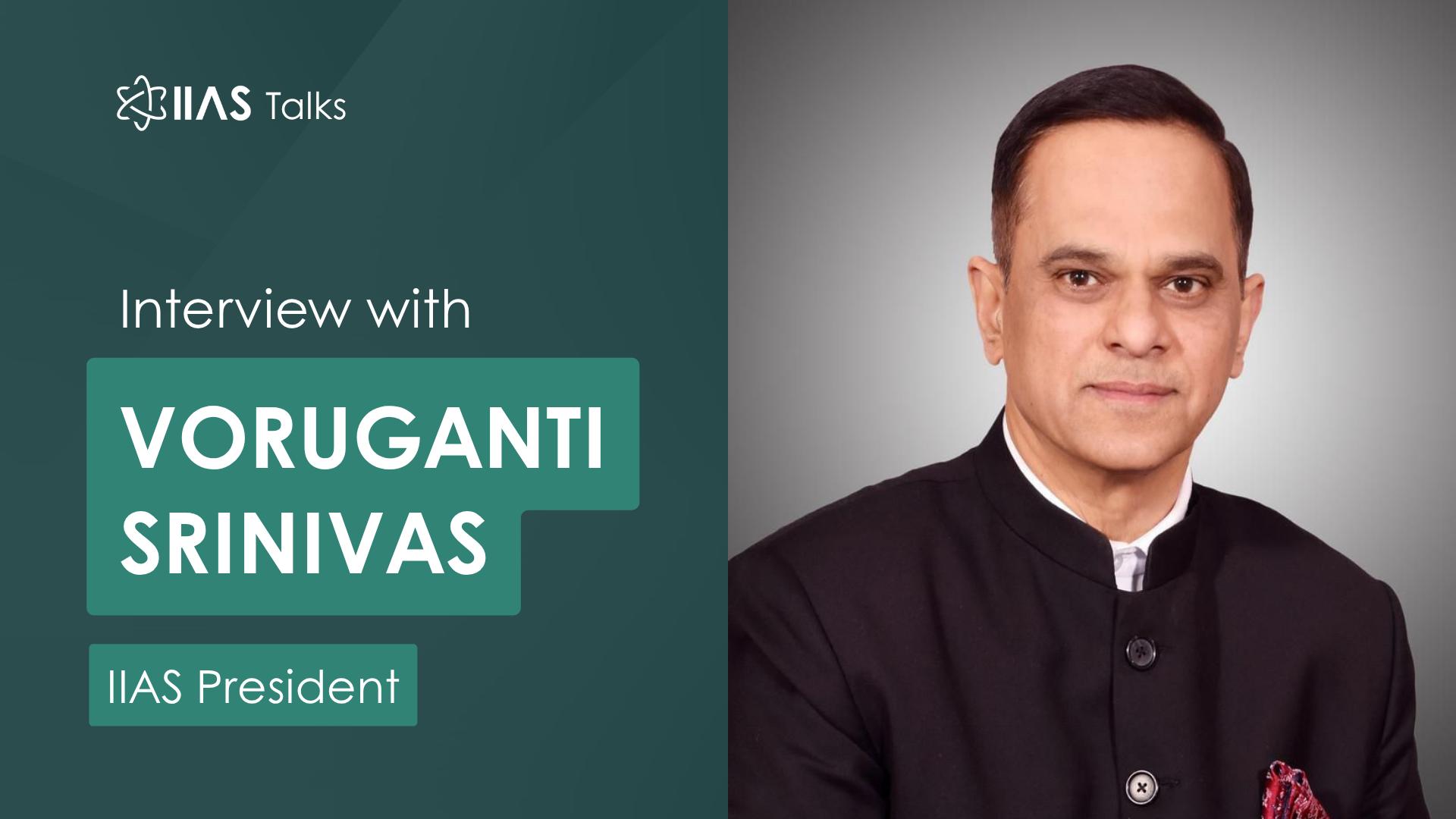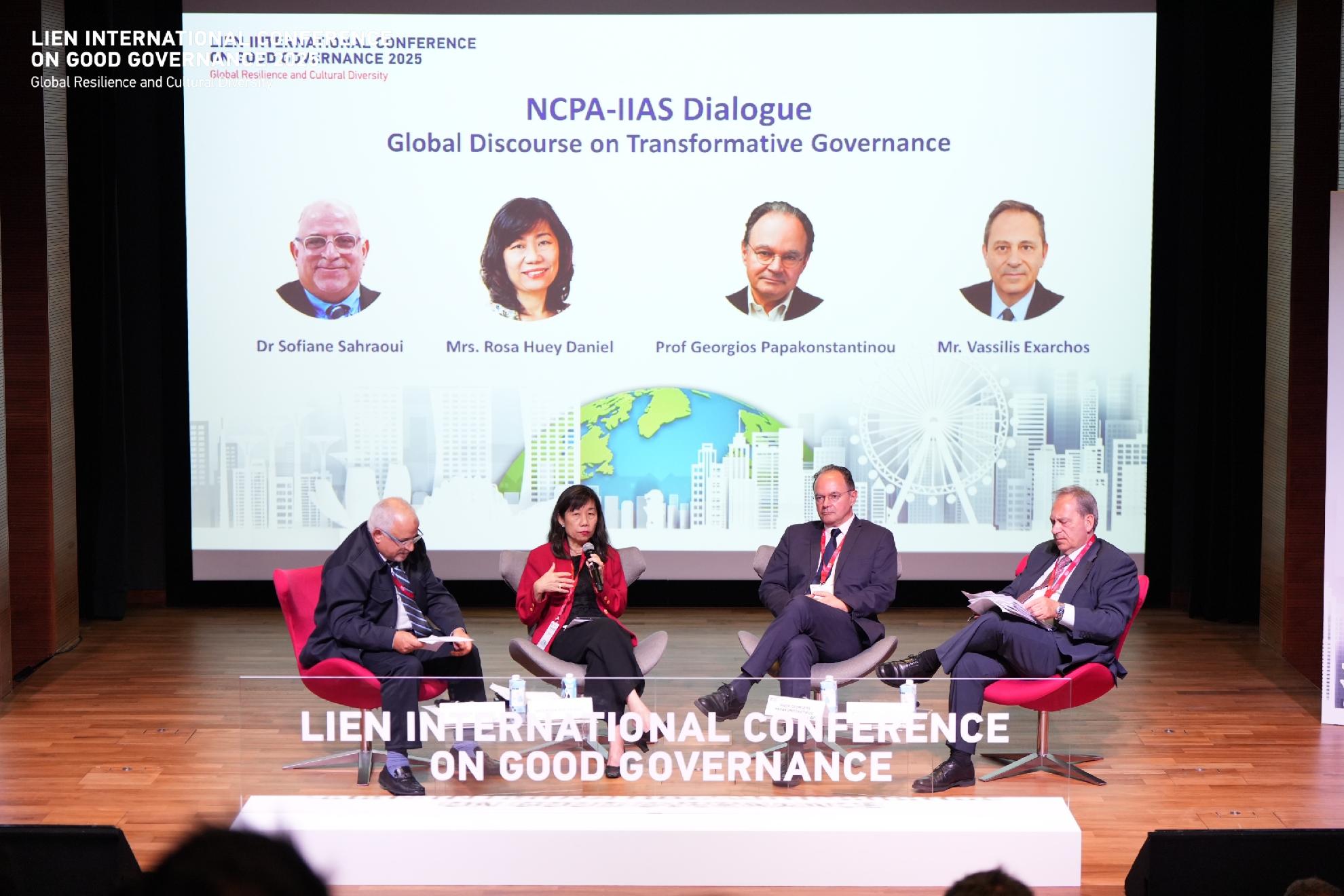 Volume 91, Issue 2 (June 2025) of the International Review of Administrative Sciences (IRAS) is now available. This issue brings together a diverse set of contributions examining urgent topics in public administration, from administrative burden and smart cities to performance-based budgeting and the politics of compliance in the digital age.
Volume 91, Issue 2 (June 2025) of the International Review of Administrative Sciences (IRAS) is now available. This issue brings together a diverse set of contributions examining urgent topics in public administration, from administrative burden and smart cities to performance-based budgeting and the politics of compliance in the digital age.
The issue features eight peer-reviewed research articles by scholars from across the globe. Together, they offer timely insights into how public institutions adapt to change, manage complexity, and impact citizens' lives.
Contents of IRAS Volume 91, Issue 2 (June 2025):
Exploring the relationship of administrative burden with doctors’ motivation and patients’ experience of care: Evidence from primary healthcare in Catalonia
Francisco Ferraioli
Does top-down administrative regulation promote urban safety performance? A quasi-natural experiment with evidence of listed special supervision in China
Zezhao Liu & Shu Wei
“You’re gonna need a bigger boat”: Understanding politicization in the populist era
B. Guy Peters & Jon Pierre
Financialization beyond partnerships: Real estate investment trusts in elderly care
Simon Demuynck & Wouter Van Dooren
How does performance-based budgeting reform affect the extent of performance information use? An empirical study of Indonesia
Malul Azam & Geert Bouckaert
The effect of institutional trust on the relationship between social media as an information resource and policy non-compliance: Dutch survey evidence from the COVID-19 pandemic
Rianne Dekker, Godfried Engbersen, Erik Snel & Jan de Boom
(Open Access)
The human dimension of smart cities: Examining antecedents of citizens’ smart city policy literacy
Danbee Lee, Minsung Michael Kang & Hannah June Kim
Is bureaucracy ironclad after all? Prevalence and variances of performance- and strategy-oriented management in German local governments
Jens Weiss
The dark side of innovative work behavior: Turnover intention in public service and the moderating role of hierarchical organizational culture
Intae Choi
Explore the new issue and stay up-to-date with cutting-edge research on public governance (link below).
ABOUT IRAS
The International Review of Administrative Sciences (IRAS) is the flagship peer-reviewed journal of the International Institute of Administrative Sciences (IIAS). Founded in 1927, it is the oldest scholarly journal dedicated specifically to comparative and international public administration.
IRAS plays a central role in advancing the global conversation on public governance. It encourages reflection on international comparisons, emerging techniques and approaches, and the exchange between scholars and practitioners. By fostering debate on the evolving role of public administration, IRAS actively contributes to shaping the future agenda of the field worldwide.




